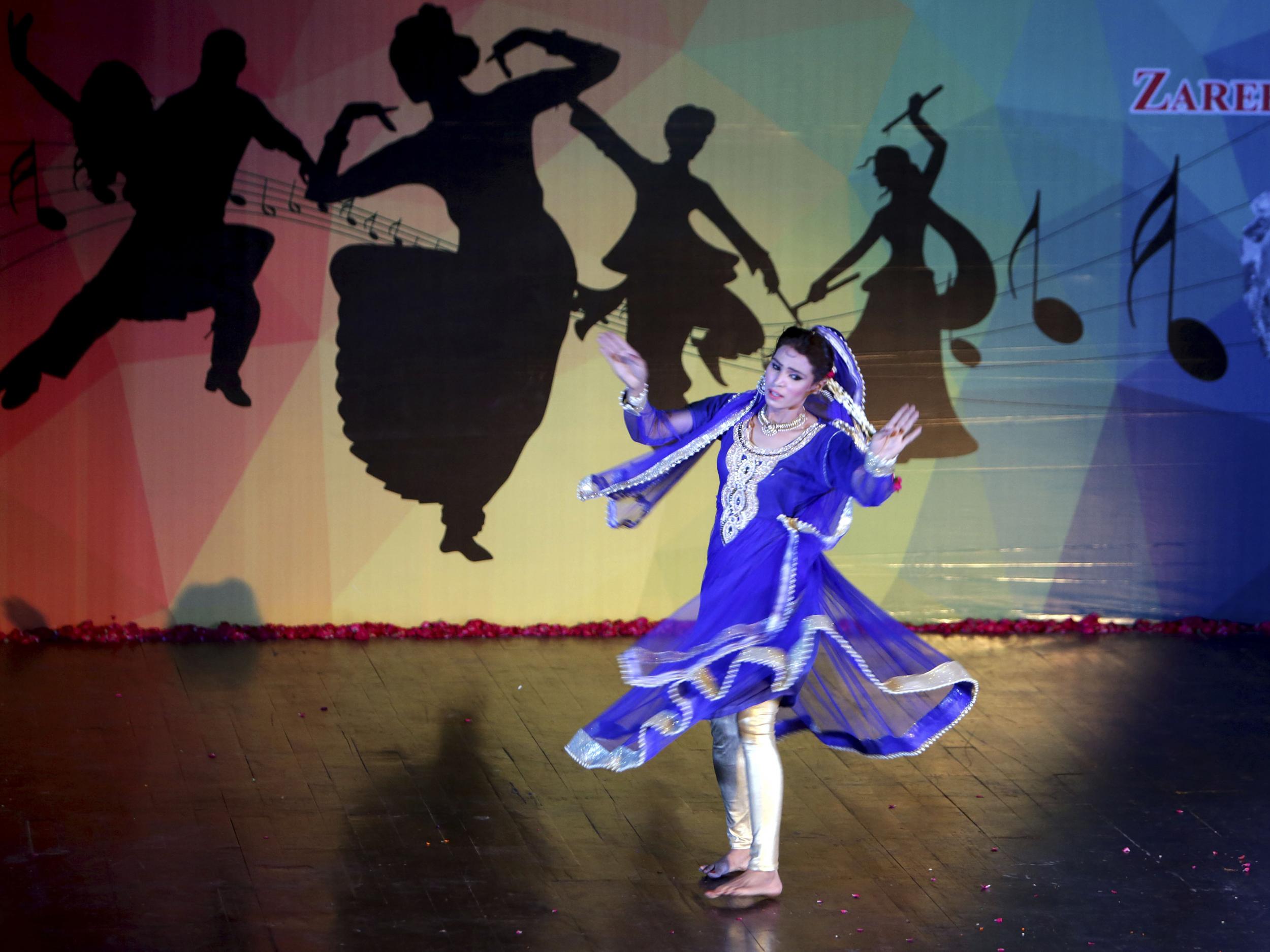Pakistan region bans dance parties at schools because they 'promote Western culture'
Punjab assembly urges government to 'stop the vulgarity'

A regional assembly in Pakistan has voted to ban dance parties at schools and universities. It would stop “vulgarity” and the promotion of Western culture, an official said after politicians Punjab passed the resolution.
It means government and private educational institutions in the province will no longer be able to hire DJs or hold dances on their premises.
Students and activists vowed to oppose the measure. They said dancing was “not the business of politicians”.
But Sheikh Ijaz of Punjab's ruling Pakistan Muslim League party, who proposed the ban said: “This resolution was passed to stop vulgarity and the promotion of Western culture among youths."
He added that the legislation faced no opposition from secular, moderate or Islamic parties in the Punjab Assembly.
He tabled the motion after hearing complaints from parents that schools were organising mixed-gender events, which are prohibited in Islam, he said.
Mahwash Ajaz, a Pakistani psychologist, opposed the motion, saying it amounted to a violation of civil liberties.
“It is up to parents to decide what their underage children can and cannot do in schools. It is not the business of politicians or state to interfere in such matters,” she said.
“Don’t we have more pressing concerns to consider such as physical abuse of children, sexual abuse and quality of education, rather than kids having some function or dancing once or twice a year?”
A similar attempt to ban dancing in schools was made was made in the southern Sindh province in 2016, but was rejected at a vote.
An editorial in one of Pakistan’s biggest English-language newspaper's, The Dawn, opposed the ban in Punjab.
“Over the decades, similar attempts to narrowly redefine our identity have been made," it said. "None have fully succeeded because, inevitably, we show our true stripes: diverse, tolerant and defiantly joyous. This is reflected in our shared kinetic energy, whether through the boisterous bhangra, the elegant Kathak or the transcendental Sufi raqs.”
Associated Press contributed to this report
Join our commenting forum
Join thought-provoking conversations, follow other Independent readers and see their replies
Comments
Bookmark popover
Removed from bookmarks